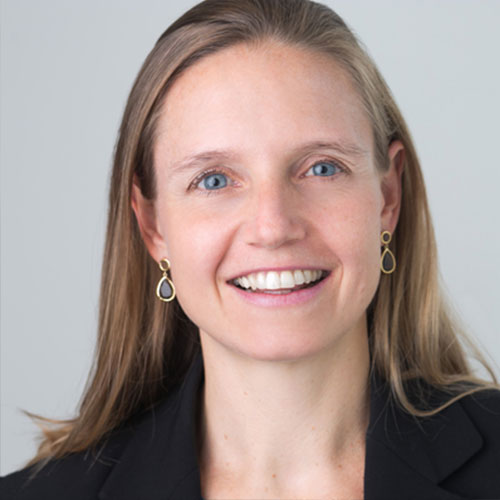Healthcare represents a large and growing fraction of the US economy. Many policy strategies to control the rising cost of healthcare have involved giving consumers more "skin in the game." The reasoning behind many of these strategies is that if consumers' choices had a more direct impact on their own out-of-pocket spending, they would have more incentive to seek value for money, which in turn would reduce costs for everyone. But what if consumers' cash flow constraints prevent them from taking on higher out-of-pocket costs in the short run, even when doing so would be better in the long run both for them and for the healthcare system overall?
The JPMorgan Chase Institute draws on its Healthcare Out-of-Pocket Spending Panel (HOSP) to investigate how a specific and important cash infusion—a tax refund payment—drives the timing of out-of-pocket expenditures on healthcare. Consumers' spending on healthcare was significantly affected by cash flow dynamics. Even though they were likely to be able to anticipate the amount of the cash infusion that their refund payment would bring, they did not increase their spending until the refund arrived; then, as soon as it arrived, they immediately increased their spending.
Our analysis uncovers five key findings:
Finding 1: Consumers immediately increased their total out-of-pocket healthcare spending by 60 percent in the week after receiving a tax refund. Spending remained elevated for about 75 days, during which consumers spent 20 percent more out of pocket on healthcare than before the tax refund.
Finding 2: In the week after the tax refund, out-of-pocket healthcare spending on debit cards increased by 83 percent, and electronic payments increased by 56 percent. There was no change to credit card spending. This suggests that liquidity from the tax refund drove the change in healthcare spending.
Finding 3: In-person payments to healthcare service providers represented 62 percent of tax refund-triggered additional healthcare spending. This indicates that the timing of a cash infusion affected when consumers received healthcare, not just when they made a healthcare payment.
Finding 4: The tax refund caused consumers to make visits to dentists' and doctors' offices and pay outstanding hospital bills which they had deferred.
Finding 5: Cash flow dynamics had less effect on the out-of-pocket healthcare spending patterns of consumers who had higher balances in their checking account or who had a credit card prior to the refund payment.
We conclude that cash flow dynamics are a significant driver of out-of-pocket spending for healthcare. Even when consumers knew with near-certainty the size and source of a major cash infusion, they still waited until the infusion arrived before spending. These dynamics may shed light on ways insurers, healthcare providers, and financial intermediaries could help consumers receive care when they need it rather than when they have cash on hand to pay for it.







